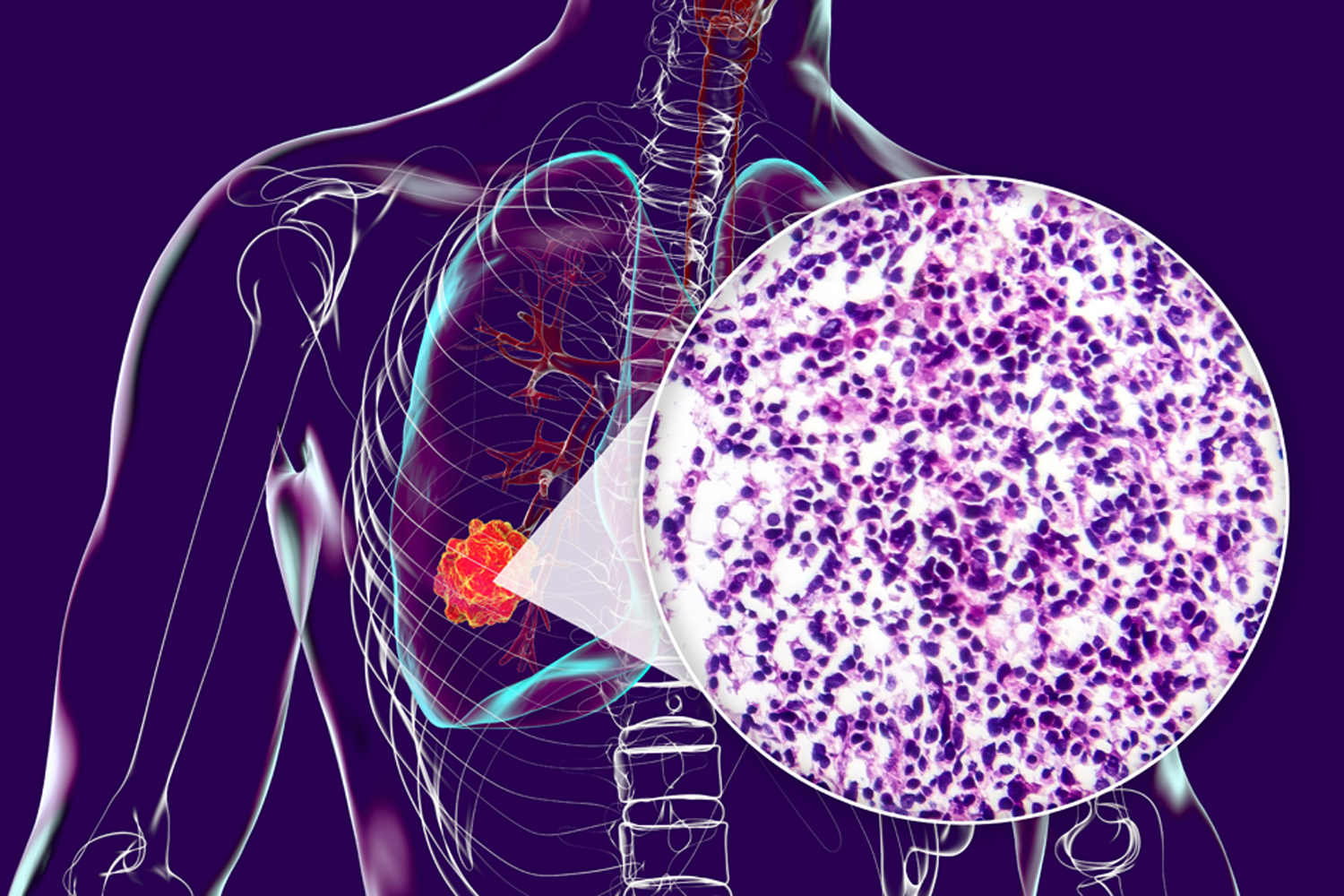-
Healthy Habits
Calcium CountsAdding calcium-rich foods to your diet may reduce colorectal cancer risk.
by Anne Danahy
-
Facts and Stats
Survivorship SoarsAs people live longer and treatment improves, the population of cancer survivors continues to grow.
by Thomas Celona
-
Is Immunotherapy Right for People Hospitalized With Advanced Cancer?
Researchers find no evidence that immune checkpoint inhibitors benefit cancer patients getting inpatient care. They urge earlier consideration of palliative care.
by Kyle Bagenstose
-
AACR Annual Meeting 2025
Immunotherapies, cancer vaccines and more from Cancer Today’s coverage of the AACR Annual Meeting 2025.
-
Researchers Tackle Immune-related Adverse Effects
Scientists present data on the risks of immune checkpoint inhibitors so more patients can tap into the treatment.
by Marci A. Landsmann
-
Tissue and Liquid Biopsy for Targeted Therapy
Tailored treatments led to better outcomes than standard of care when biomarker results from liquid biopsy and tumor tissue aligned.
by Eric Fitzsimmons
-
Cancer Vaccines Show Promise in Early Trials
While mRNA vaccines offer a personalized approach to triggering an immune response, peptide vaccines could be a one-size-fits-all treatment. Researchers are exploring both options.
by Thomas Celona
-
Declining Breast Cancer Mortality in Younger Women
U.S. breast cancer deaths declined for women ages 20 to 49, which researchers credit to wider screening and better treatment.
by Kevin McLaughlin
-
Missed Activities Due to Cancer-related Fatigue and Depression
Women were more likely than men to have fatigue or depression linked to cancer, and both effects were linked to people withdrawing from physical activities.
by Eric Fitzsimmons
-
Immunotherapy Improves Results in Head and Neck Cancer
Combining an immune checkpoint inhibitor with standard care extended event-free survival by nearly two years.
by Thomas Celona
Cancer Talk
Lessons From 20 Years Living With Cancer
Multiple myeloma survivor Jonathan Gluck reflects on uncertainty, and the scientific progress that has kept him living with cancer for more than two decades.
by Eric Fitzsimmons
The Enduring Importance of Cancer Disparities ResearchOpening session from AACR conference highlights how perseverance and adversity have informed cancer disparities research over the years.
by Eric Fitzsimmons
Most Cancer Survivors Don’t Meet Healthy Diet GoalsDespite research linking fruits and vegetables to cancer survival, many people do not change their eating habits after diagnosis.
by Darlene Dobkowski
Many People Don’t Get Colonoscopy After Receiving Abnormal Blood TestsAbout half of people who receive abnormal results from colorectal cancer screening tests don’t follow up with a colonoscopy.
by Laura Gesualdi Gilmore















